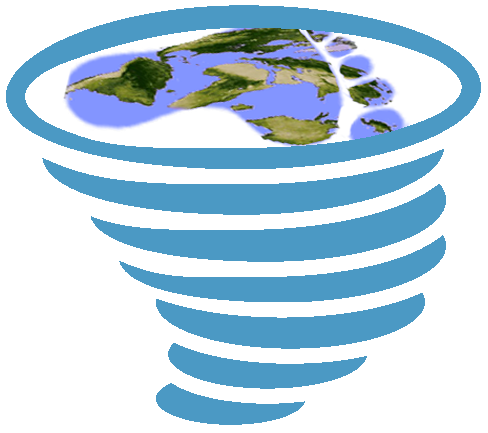
In the Northern Hemisphere in 2017 and 2018 brought several destructive hurricanes to the shores of North America, the Caribbean, and throughout the Pacific rim. Such extreme weather events are predicted to get more common and more severe with increasing climate change.
Several participating classes in the ISCFC were or are in the path of these storms and we hope for the best for them, their families and communities.
We would love to hear from students affected directly and indirectly by extreme weather events, and also any students who have been following the news this summer.
What are your thoughts about the connection between climate change and extreme weather events? Has this hurricane season increased your concern about climate change or not? Do you think that US citizens and residents (and others in the region) will take climate change more seriously now?
Extreme Weather >
Extreme weather examples, causes, and effects

What are some examples of extreme weather events, what is causing them, and how can they affect our planet? I took it upon myself to research and find out.
One example of extreme weather that I have seen firsthand in California is heat waves. A heat wave is an extended period of irregularly hot weather. According to the United States Environmental Protection Agency, heat waves have been becoming longer and more frequent across the U.S. in recent years. In fact, major cities across the U.S. have seen an average increase to six heat waves per year which is a massive change from the average of two per year in 1960. These heat waves are a product of increased greenhouse gas emissions which are becoming trapped in the atmosphere, subsequently causing the planet to warm. According to the Center for Climate and Energy Solution, they can have devastating effects on our planet including worsening drought and drying an environment which can lead to wildfires. Also, heat waves can negatively affect plant growth and increase the demand for electricity which will worsen our situation.
One other example of an extreme weather event is drought. Drought is defined as a lack of precipitation followed by a period of dry weather. Drought has been becoming increasingly common and more severe across the U.S. in the past century. In fact according to the United States Environmental Protection Agency, in the past 20 years, around 20 to 70 percent of the U.S. land mass experienced drought at any moment. Like heat waves, drought is also becoming more frequent and severe as a result of climate change. Earth’s average temperature has increased and as a result, the water cycle has hastened. This has increased the processes of evaporation and transpiration, leaving less moisture in the soil and more in the air. These areas losing abnormal amounts of moisture will experience prolonged droughts while areas historically prone to receive more rain will get large amounts that will result in flooding. Drought negatively impacts many parts of society including agriculture, animal health, and water supplies. For example, plant growth is sedated and many die. Reservoirs and rivers may dry up leaving plants and animals helpless.
Sources
https://www.epa.gov/climate-indicators/ … heat-waves
https://www.c2es.org/content/heat-waves … te-change/
https://www.epa.gov/climate-indicators/ … rs-drought

Places that are hot, are getting hotter and places that are cold are getting colder. This is all a result of climate change. Climate change is causing all sort of extreme environmental events such as forest fires, hurricanes, floods, droughts and so much more.





